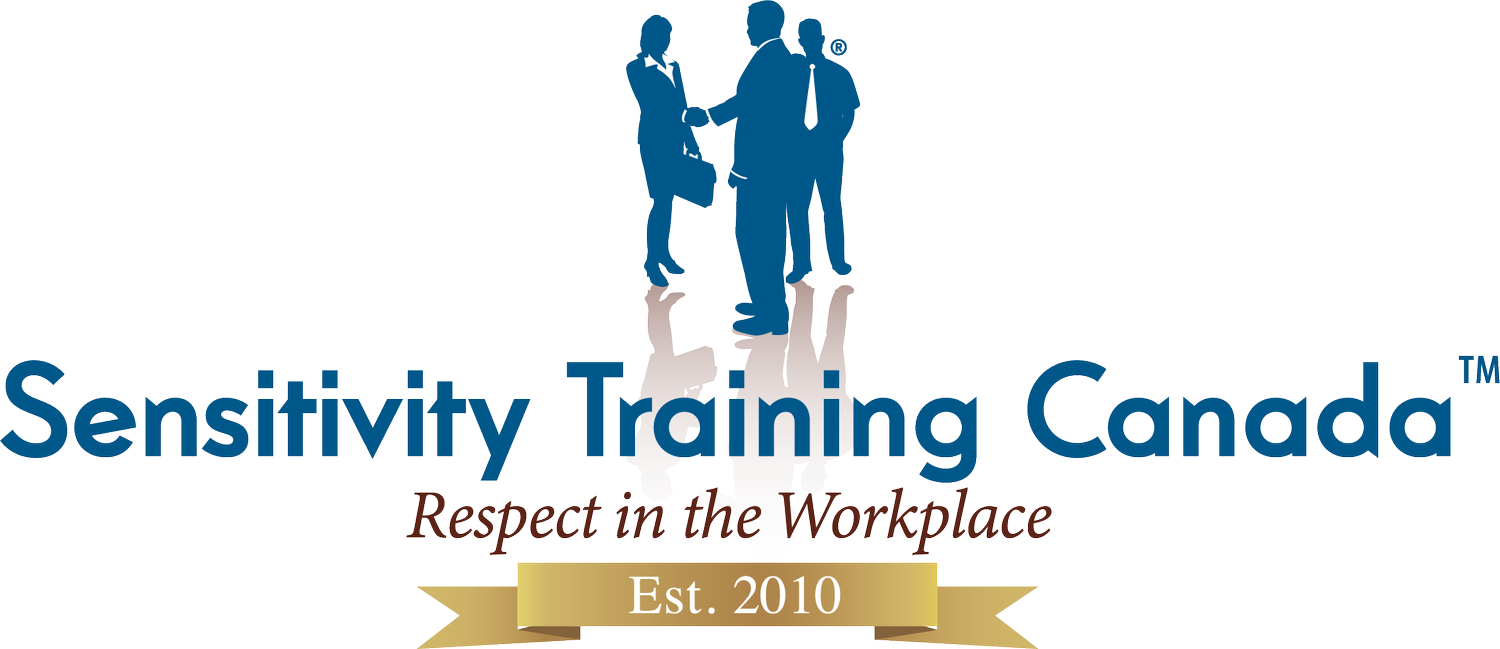Championing a Respectful Workplace: Anti-Sexual Violence and Anti-Harassment Training
In our ongoing commitment to create safer, more respectful workplaces, addressing sexual violence and harassment is paramount. Understanding and preventing these behaviours not only fosters a positive work environment but also ensures legal compliance and promotes overall employee well-being. This blog discusses the critical components of effective anti-sexual violence and anti-harassment training offered by Sensitivity Training Canada.
The Importance of Respect in the Workplace
A respectful workplace is the cornerstone of productivity and employee satisfaction. Training in anti-sexual violence and anti-harassment is not just about compliance; it’s about building a culture of dignity and respect where all employees feel safe and valued. Here’s why such training is essential:
Promotes Psychological Safety: Employees perform better when they feel safe from abuse and harassment.
Protects Against Legal Risks: Helps organizations comply with laws against sexual harassment and discrimination.
Enhances Workplace Culture: Fosters an environment where respect is integral to the organizational values.
The training session on anti-sexual violence and anti-harassment covers several crucial areas:
Understanding Inappropriate Behaviour
Defining Harassment and Discrimination: Clear definitions help employees recognize inappropriate behaviours.
Examples and Case Studies: Real-world scenarios make the concepts relatable and understandable.
Scenario-Based Exercises
Interactive Learning: Participants engage in scenario-based exercises that help them apply knowledge in practical settings.
Problem Solving: These exercises challenge participants to think critically about how to respond to complex situations involving harassment or discrimination.
Communication Tools
Effective Communication Strategies: Participants learn how to express concerns and report incidents without fear of retaliation.
Conflict Resolution Techniques: Tools to help de-escalate situations and resolve disputes respectfully and legally.
Resources for People-Leaders
Documentation Templates: Easy-to-use templates and checklists to document incidents accurately and comprehensively.
Restorative Practices: Strategies to help restore and heal the workplace environment after an incident.
This training is crucial for:
All Employees: Understanding the fundamentals of respect and how to maintain it in the workplace.
HR Professionals: Equipped with additional resources to support employees and manage reports of harassment or discrimination.
Managers and Leaders: Provided with specific tools to handle reports, document incidents, and restore the workplace environment effectively.
Success Stories
Organizations that have implemented this training report a significant reduction in incidents of harassment and an improved workplace culture. Feedback highlights increased employee confidence in handling and reporting inappropriate behaviour and a stronger alignment with organizational values of respect and dignity.
Anti-sexual violence and anti-harassment training is not just a legal requirement—it's a crucial part of building a respectful and productive workplace. By investing in comprehensive training, organizations can protect their employees and foster an environment where everyone can thrive.
Ready to enhance your workplace culture? Learn more about the training programs that Sensitivity Training Canada offers and how you can bring them to your organization.
